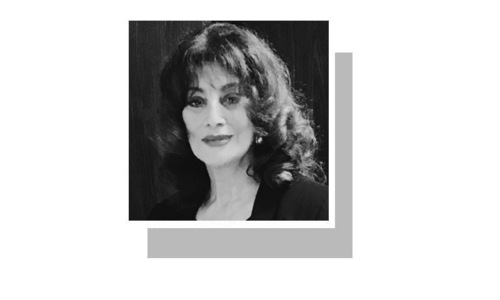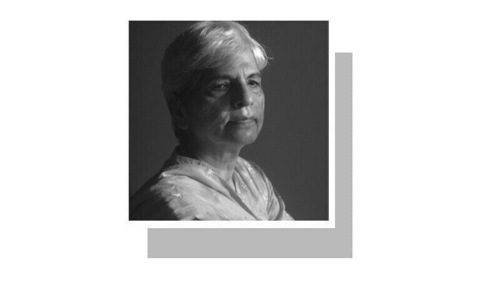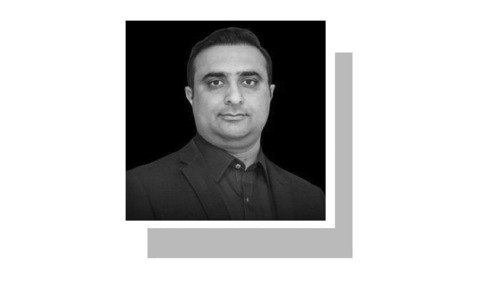ISLAMABAD, April 15: In a major policy shift, the government has increased power tariff for hydel power projects by over 52 per cent to 4.7 cents per unit by reviving the 1995 Hydel Power Policy.
The decision was taken by the Economic Coordination Committee (ECC) of the cabinet in its meeting on April 14 presided over by Prime Minister Shaukat Aziz, a water and power ministry official told Dawn on Saturday.
He said that the government had been unable to materialise even a single hydroelectric power project in the private sector despite the hydel sector’s competitive advantage in terms of lowest project costs, cheapest tariffs, longest period of power generation and shift of project ownership to the government by comparison with high-cost power projects based on fuel oil, diesel, gas and wind.
The average power tariff for gas-based projects has been increased to eight cents, fuel oil to 10 cents and diesel projects to 13 cents and Wapda has also stopped setting up hydel projects on its own.
The government did not make public its decision after the ECC meeting because it would benefit four hydel power projects with a total generation capacity of about 900MW. These include 84MW New Bong Hydropower Project, 132MW Rajdhani power project, 600MW Kohala Project (all in the Azad Kashmir) and 84MW Matiltan Project in the NWFP.
The issue was not part of the ECC agenda but somehow the summary was circulated during the meeting and finally a decision was made despite strong opposition from Wapda, a senior official of the authority told Dawn.
The 1995 Power Policy had offered an upfront average tariff of 4.7 cents per unit for hydrolectric projects but the policy was overturned by the cabinet committee on investment (CCOI) in 1997 when the then Wapda, led by Lt-Gen Zulfiqar Ali Khan, persuaded Laraib Energy and Iqbal Power to reduce their tariff to 3.103 cents per unit.
As a result, about a dozen local and foreign companies stopped their investment and left the country, saying the revised tariff of 3.103 cents per unit was not feasible, while four companies kept on rolling over their letters of support (LOSs).
Last year, the Laraib Energy again approached the government saying the 3.103 cents per unit was not feasible for them as well and hence should be given an average tariff of 4.58 cents excluding water use charges as their lenders — Asian Development Bank and Islamic Development Bank - were not ready to finance the project.
It also cited “unprecedented increase in prices of steel, freight, material and other commodities like fuel and lubricants” besides saying that environment after 9/11 was affecting insurance and risk management costs.
However, the power ministry found the company’s tariff of 5.043 cents per unit to be much higher than 4.7 cents envisaged under the original 1995 hydel policy. The Wapda opposed any increase in tariff.
A number of committees were constituted to review and provide professional opinion on the project costs and tariffs but could not come up with consensus. The power ministry told the ECC that the concept of upfront tariff stipulated in 1995 Hydel Policy meant an overall tariff for all hydel projects, acceptable to the country and it was not a project specific or project cost specific.
As a result, the ECC decided as a matter of policy that investors, who had been given LOSs under a publicly-announced policy should continue to get tariff and other facilities according to the policy (1995 policy), irrespective of subsequent revision or new policies, if their LOS were still valid.
The power ministry officials confirmed that no one in the ECC asked any question as to who should be held responsible for overturning the 1995 policy, turning away a number of investors and damaging the country’s credibility.
They also said no question was raised as to why the policy revival was meant only for four projects and how the original investors of the 1995 policy could be brought back to provide a level playing field.










































